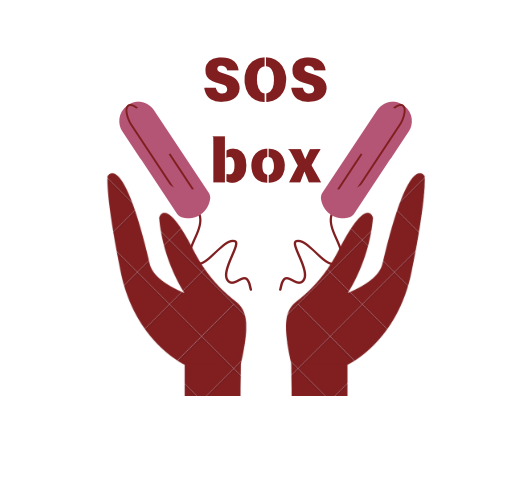Experiences: hearing from those affected
Lean in and listen to the human behind the healthcare worker
Lean in and listen to the impact of periods/menstruation for these humans at work
From the voices from those who serve the health of the nation
The following are experiences healthcare worker colleagues had of having their period/menstruating whilst at work.
These aren’t uncommon stories by any means and it’s not hard to find them - if the stigma isn’t present and colleagues feel able to speak up and out as they should
Try to imagine being partway through a 10 or 13 hour shift working on the go, with no station, office or base, moving from location to location, urgent need requiring absorbed concentration and where breaks and food are rarely possible. Imagine feeling yourself bleeding through into your underwear and knowing it’s only a short matter of time before you bleed through your clothes. Checking every work chair you have to temporarily sit at to complete prescriptions, document assessments and request investigations once you get up whilst hoping no-one will see. Trying to work out how to access and find time - and have this supported and enabled. Why should one get a toilet break when everyone else can’t? Imagine trying to squeeze a pad and a small enough tampon into work or scrub pockets on you so you’ll have one change with you, but if able to use, then known that you’ve no others on you
Imagine having to justify how a body need out of your control, affected by many different external factors should be able to control their bleeding, to put their body on pause - to be a robot. Imagine being one of the now acknowledged to be far commoner than realised menstrual conditions causing heavy or unpredictable periods - fibroids, adenomyositis, endometriosis, polycystic ovarian syndrome, experiencing or following a miscarriage, side effects from hormonal or copper-based contraception.

Showcasing your story here, be it anonymous
or not will add colour to, and enhance the
SOS box initiative’s vision, strategy and work.
Sources of support
Recalling distressing experiences, including relating to periods/menstruation at work can be difficult. The SOS box initiative strongly encourages you to reach out to your support network and professional sources of support if you have found any or much of the content on the website upsetting. In the UK, there are dedicated sources of support for healthcare professionals including those detailed below.
UK-wide
England and Isle of Man
Practitioner Help Programme
Northern Ireland
Resident doctors and dentists: NIMDTA Support and Wellbeing
All healthcare workers: Trust psychological helplines
Scotland
All healthcare workers: the National Wellbeing Hub
Wales
All healthcare workers: Canopi
Share your story
Anonymous or not, sharing your story will add weight to the compelling case of the need for freely accessible period products within healthcare workplace settings for unexpected need.
You are warmly welcome to outline any experiences in work, or relevant to your healthcare workplace of having your period/menstruating or the wider impact of having your period/menstruating at work be it pre or post period.
Your account can be published with your name and role, or with your role and/or location only, or fully anonymously - please indicate what you wish when you submit your story. What you wish to disclose is your free choice- and your decision won’t affect how your experience will be appreciated and used.
Caveats
Please note:
By submitting your experiences, you are providing consent for the SOS box initiative to publish and use this material in full on this website and in any campaign-based business case or lobbying materials designed for the SOS box scheme.
On very rare occasions, if you have included any material that leads to a concern regarding your own personal safety or wellbeing, if you have left contact details, the SOS box initiative may reach out to discuss ways forward. If you haven’t left contact details, elements included in your account may be hidden with an aim to protect your personal safety.
Additionally, any material submitted which identifies or could identify another individually and potentially compromise their wellbeing or safety will not be shared publicly - if you leave contact details, this will be explained to you. Content that could reasonably be interpreted as uncivil or offensive will also not be published. The SOS box initiative recognises that what constitutes uncivil or offensive material may vary between individuals but will make best efforts within the limitations of the perspective and grounding they have.
If you have any concerns or queries, please contact the SOS box initiative - your thoughts will be welcomed.
